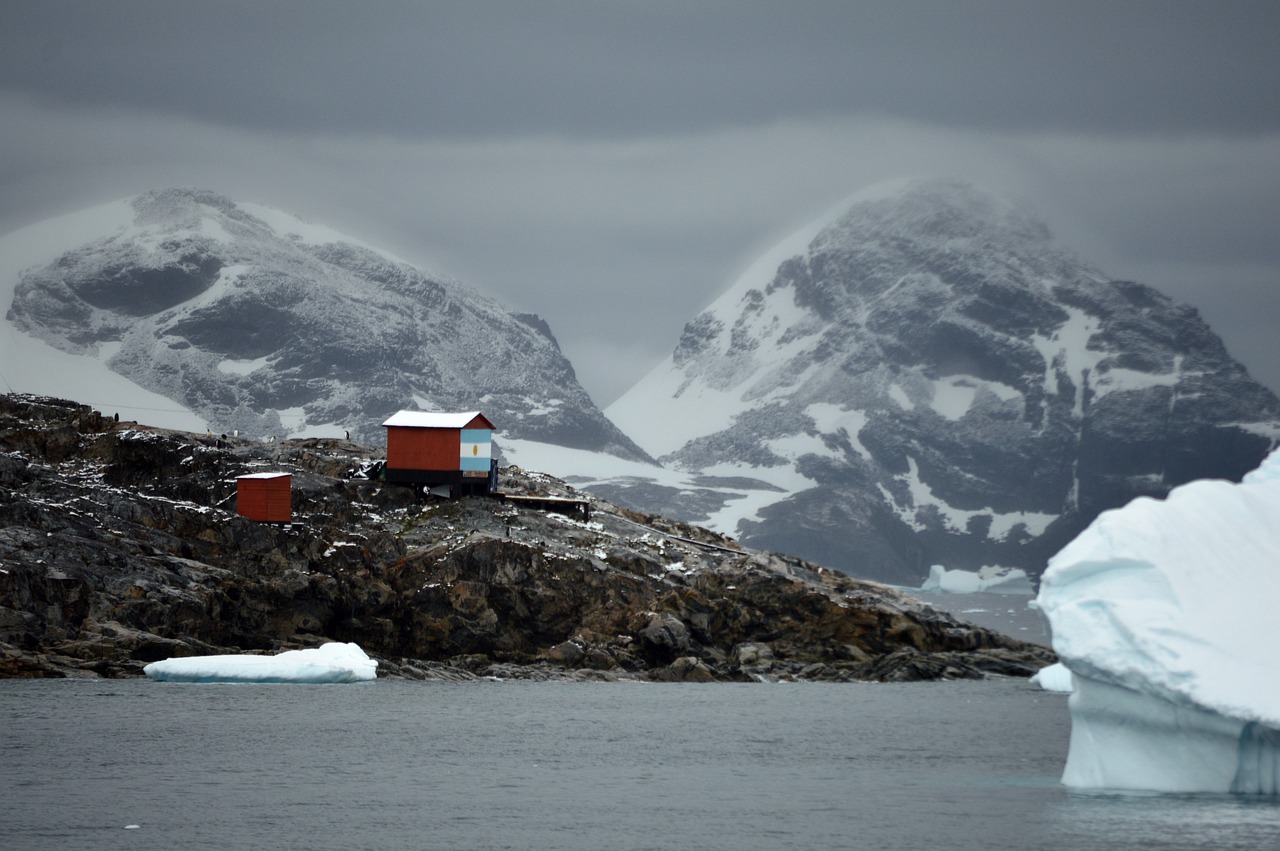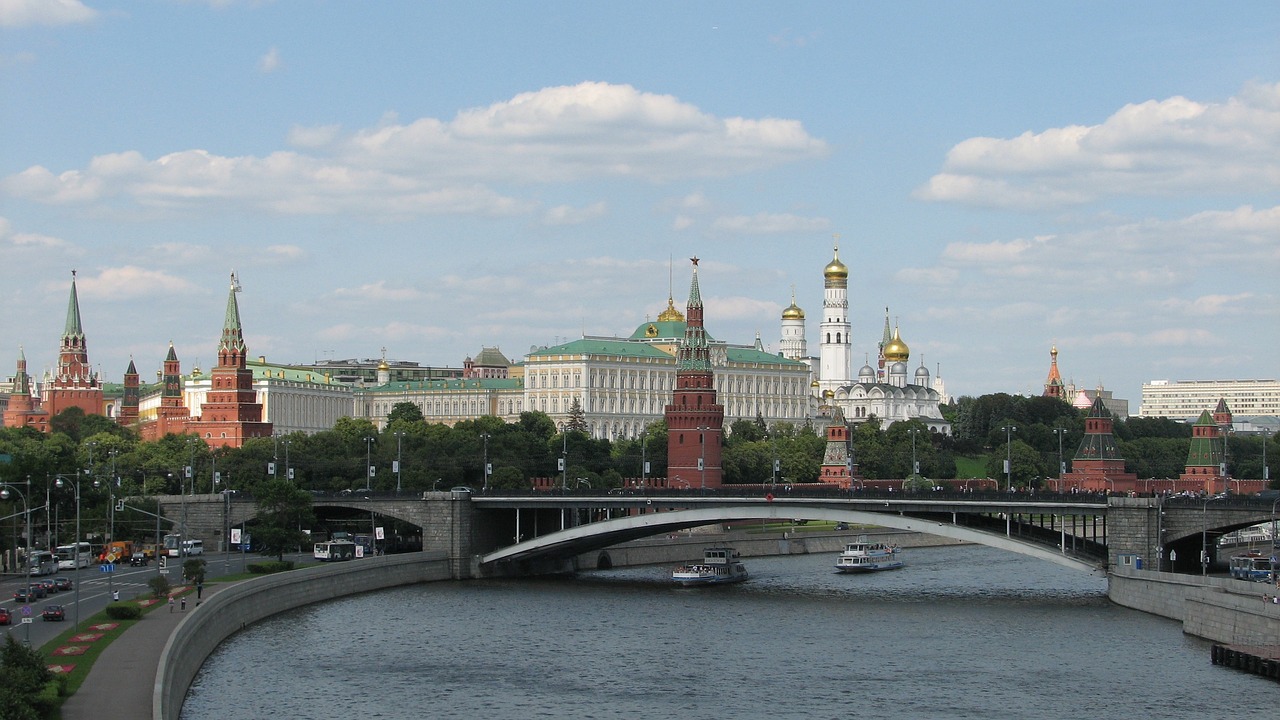Antarctica, the vast and inhospitable continent at the southernmost point of the Earth, serves as a unique platform for scientific research and international cooperation. In this article, we delve into the countries that have established research bases in Antarctica and explore their contributions to the understanding of this remote and pristine region. From conducting groundbreaking studies to promoting environmental conservation, these nations play a crucial role in unraveling the secrets of Antarctica.
- United States: McMurdo Station and Beyond
The United States operates the largest research base in Antarctica, the McMurdo Station. Situated on Ross Island, it serves as a hub for scientific activities and logistical support. Additionally, the U.S. maintains other research stations, such as the Amundsen-Scott South Pole Station, where scientists conduct vital research on astrophysics, climate change, and glaciology.
- Russia: Extensive Presence and Historic Legacy
Russia boasts a significant presence in Antarctica with numerous research bases. Notable stations include Bellingshausen, Progress, and Vostok, the latter of which is renowned for drilling into Lake Vostok, a subglacial lake hidden beneath Antarctica’s ice. Russia’s longstanding involvement in Antarctic research and exploration has left a remarkable historic legacy, with stations like Mirny preserving the memory of early polar expeditions.
- Australia: Advancing Scientific Knowledge and Environmental Stewardship
Australia operates several research bases in Antarctica, including Casey Station, Davis Station, and Mawson Station. These stations serve as platforms for scientific studies on climate change, marine biology, and atmospheric research. Australia places a strong emphasis on environmental stewardship and actively participates in initiatives to protect the delicate Antarctic ecosystem, such as monitoring wildlife and reducing human impacts.
- United Kingdom: Pioneering Research and Heritage Preservation
The United Kingdom maintains research bases in Antarctica, such as the Rothera Research Station and the Halley Research Station. British scientists contribute to a wide range of research fields, including glaciology, atmospheric studies, and biodiversity monitoring. Furthermore, the United Kingdom takes pride in preserving Antarctic heritage, with sites like the huts used by early explorers Shackleton and Scott standing as reminders of the continent’s historic significance.
- Argentina: Scientific Endeavors and Cultural Heritage
Argentina operates research bases, including Esperanza Base and Carlini Base, to conduct scientific research in Antarctica. Argentine scientists focus on studying climate change, geology, and the unique Antarctic ecosystems. Argentina also highlights the continent’s cultural heritage, with monuments commemorating early explorers and ongoing efforts to preserve historical artifacts and records.
- Chile: Conservation Efforts and Geographical Exploration
Chile maintains several research bases in Antarctica, such as the Presidente Eduardo Frei Montalva Base and the Bernardo O’Higgins Station. Chilean scientists contribute to diverse research disciplines, including climate change, oceanography, and biodiversity. Chile actively participates in international agreements and initiatives to protect the environment, regulating tourism activities and advocating for sustainable fishing practices in the region.
Antarctica, a land of ice and extremes, has become a hub for international scientific research and collaboration. Through their research bases and ongoing scientific endeavors, countries like the United States, Russia, Australia, the United Kingdom, Argentina, and Chile contribute to our understanding of Antarctica’s unique ecosystems, climate dynamics, and geological processes. Furthermore, their efforts in preserving historical heritage and promoting environmental conservation underscore the importance of international cooperation in safeguarding the pristine continent of Antarctica for future generations.



